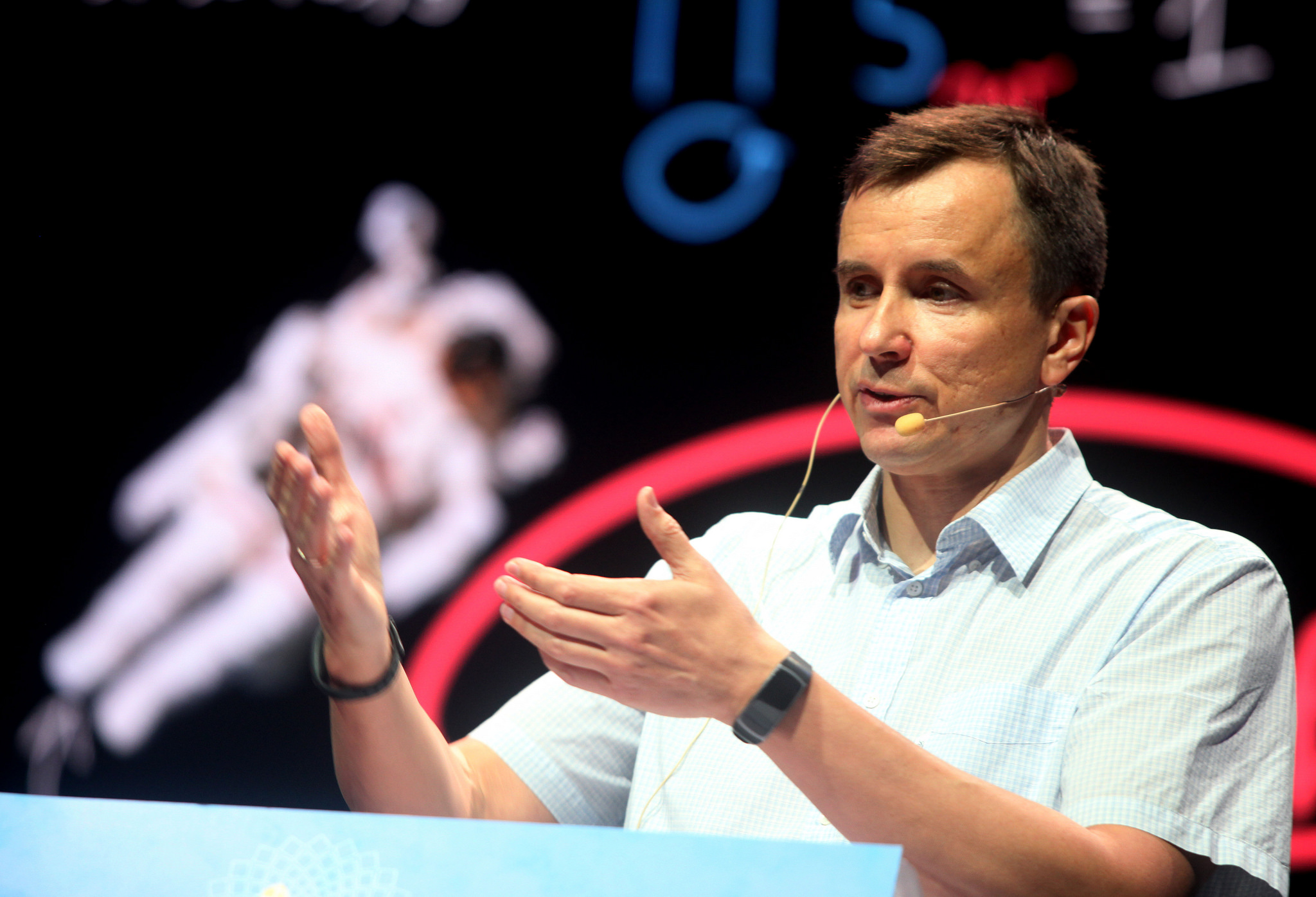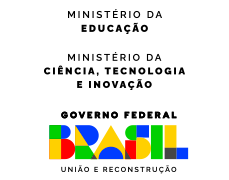The Shape of Geometry to Come According to Andrei Okounkov

Andrei Okounkov
Andrei Okounkov will leave the 2018 International Congress of Mathematics as having the coolest slides of any plenary speaker. The presentation,“On the crossroads of enumerative geometry and geometric representation theory,” left a great impression on his fans.
Okounkov, the 2006 Fields medalist for his contributions “to bridging probability, representation theory, and algebraic geometry,” gave a plenary talk on Lie Theory and its possibilities in the world.
Read more: ‘Master of Dreams’ inspires next generation of mathematicians
“Every one of you is a potential candidate for the Fields Medal”
Indigenous Guarani Stand at ICM 2018: ‘We Count to Five’
“I study a grain sand, but his work is the whole beach,” said Joanna Kania-Bartoszynska, Program Director for Topology and Geometric Analysis at the National Science Foundation.
Okounkov is the Samuel Eilenberg Professor of Mathematics at Columbia University and the academic supervisor of HSE International Laboratory of Representation Theory and Mathematical Physics. He received his doctorate at Moscow State University in 1995 under Alexandre Kirillov and Grigori Olshanski. He was previously a professor at Princeton University from 2002 to 2010, an assistant and associate professor at the University of California, Berkeley, and an instructor at the University of Chicago.
Lie Theory touches a number of mathematical areas including classical, differential, and algebraic geometry, topology, ordinary and partial differential equations, complex analysis(one and several variables), group and ring theory, number theory, and physics, from classical to quantum and relativistic. Similarly, Okounkov’s work touches on several areas of math but it focuses on the mathematical ramifications of modern high-energy physics.
“Lie Theory is among the main building blocks of mathematics and mathematical physics,” he said in his presentation.
Unlike many math geniuses, Okounkov found his way to the subject in a roundabout way—through economics and army service. When he was completing his Ph.D. in Moscow, he was a much older student with a family.
“I didn’t go through special schools and Olympiads,” he told the American Math Society in 2007. “I came via studying economics and army service. I had a family before papers. As a result, my mind is probably not as quick as it could have been with an early drilling in math. But perhaps I also had some advantages over my younger classmates. I had a broader view of the universe and a better idea about the place of mathematics in it. This helped me form my own opinion about what is important, beautiful, promising, etc.”
In that same interview, he also explained how he tackles difficult problems.
“I personally don’t know how one can understand something without both thinking about it quietly over and over and discussing it with friends,” Okounkov said. ” When I feel puzzled, I like long walks or bike rides. I like to be alone with my computer playing with formulas or experimenting with code. But when I finally have an idea, I can’t wait to share it with others. I am so fortunate to be able to share my work and my excitement about it with many brilliant people who are at the same time wonderful friends.
In 2004, Okounkov received the European Mathematical Society Prize. In 2016 he became a fellow of the American Academy of Arts and Sciences.
Check out his presentation from ICM below.


